
The Link Between Hormonal Imbalances and Hair Loss in Women, Explained
We recommend helpful products in our articles. Read our full disclosure here. The content on this website is not intended to be a substitute for professional advice, diagnosis, or treatment.
Hair loss, a concern that affects many, can often be linked to hormonal imbalances in the body.
Understanding this connection is vital in addressing and managing the condition effectively.
This article will briefly introduce how hormonal imbalances can lead to hair loss and what can be done to mitigate this issue.
Hormones and Hair Growth
Hormones play a pivotal role in our body functions, including regulating hair growth and health.
Hair follicles are sensitive to hormonal changes, and imbalances can disrupt their normal functioning.
This disruption can lead to hair thinning, weakened hair, or even baldness in severe cases.
Androgenetic Alopecia: The Role of Androgens
Androgenetic alopecia, which is more commonly known as pattern baldness (male or female), is closely linked to androgens, particularly dihydrotestosterone (DHT).
This condition is recognized by a receding hairline in men and thinning hair in women.
Sensitivity to DHT can cause hair follicles to shrink, shortening the hair’s growth cycle and leading to thinner, shorter hairs.
There are many treatment options, ranging from conservative to more advanced, surgical options, such as a hair transplant for females.
Hormonal Changes in Women
Women often experience hair loss during significant hormonal shifts, such as pregnancy, the postpartum period, and menopause.
During pregnancy, increased levels of estrogen promote fuller, thicker hair.
However, postpartum hormonal changes can lead to significant hair shedding, known as telogen effluvium.
Menopause, with its decline in estrogen and progesterone levels, can also contribute to hair thinning.
Polycystic Ovary Syndrome (PCOS)
PCOS is a hormonal disorder common among women.
It’s characterized by an excess of androgens, which can lead to hair thinning on the scalp and increased hair growth on other body parts.
Managing PCOS through lifestyle changes and medication can help mitigate its impact on hair health.
Thyroid Disorders
The thyroid gland has a critical role in regulating metabolism, and its dysfunctions can lead to hair loss.
Both hypothyroidism (an underactive thyroid) and hyperthyroidism (an overactive thyroid) can cause hair to become thin and brittle, leading to hair loss.
The Impact of Stress Hormones
Stress hormones, particularly cortisol, can also impact hair growth.
This type of hair loss, known as telogen effluvium, is usually temporary but can be distressing.
The stress may come from lifestyle factors or illnesses.
Lifestyle Factors and Hormonal Balance
Lifestyle factors, including diet, exercise, and sleep, play a significant role in maintaining hormonal balance.
A diet rich in nutrients supports hormone health, while regular exercise and adequate sleep help to regulate stress hormones.
Medications and Hormonal Treatments
Certain medications, such as birth control pills and hormone replacement therapy, can impact hair health.
In some cases, these medications can help to manage hair loss, but in others, they may contribute to it.
It’s important to discuss the potential side effects of these medications with a healthcare provider.
Conclusion
Hormonal imbalances can impact hair health, leading to hair loss and thinning.
Understanding the link between hormones and hair growth is key to addressing this issue.
If you’re experiencing hair loss and suspect a hormonal imbalance, it’s important to consult with a professional for diagnosis and a treatment plan.
With the right approach, it’s possible to manage hormonal hair loss effectively and maintain healthy hair.
"We love to research problems, examine studies, analyze solutions, and share with you ideas that make life healthier. You can learn about us and our editorial standards here. Have suggestions or feedback to share? Send us a message!."

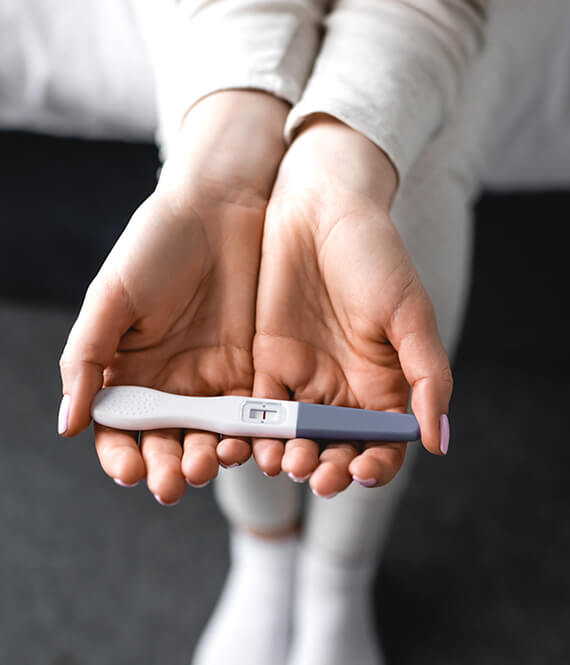
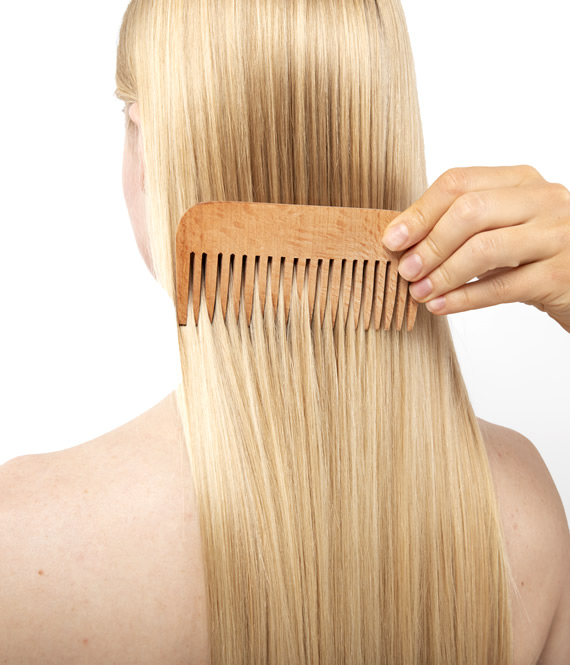

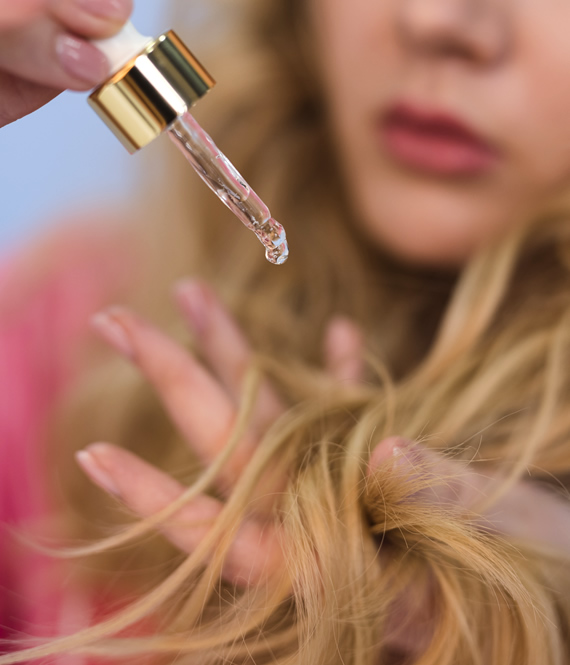


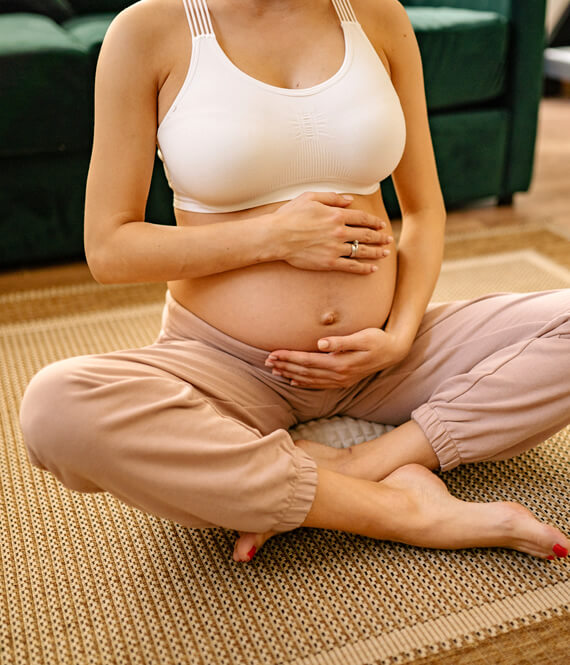
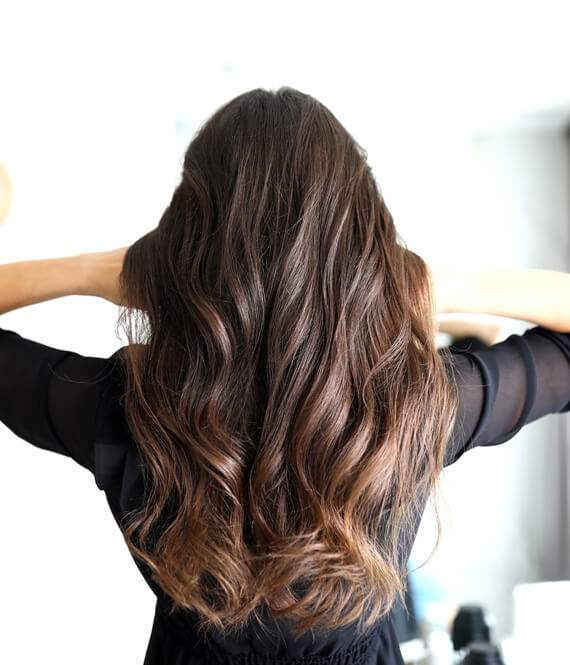

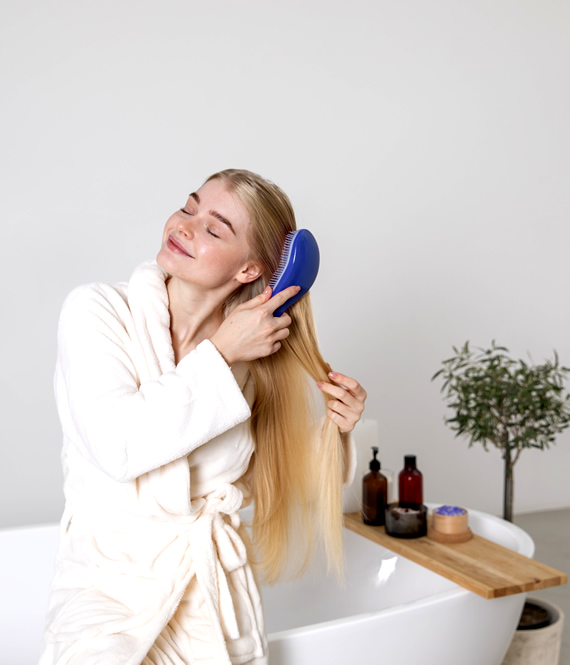
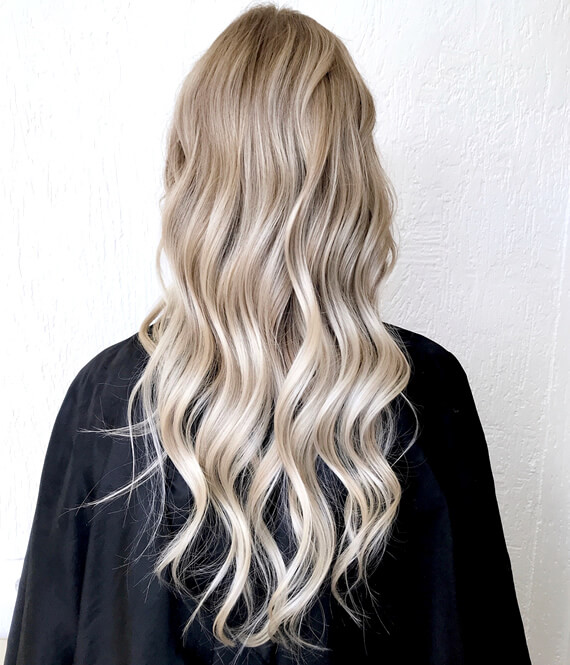

Leave a Comment